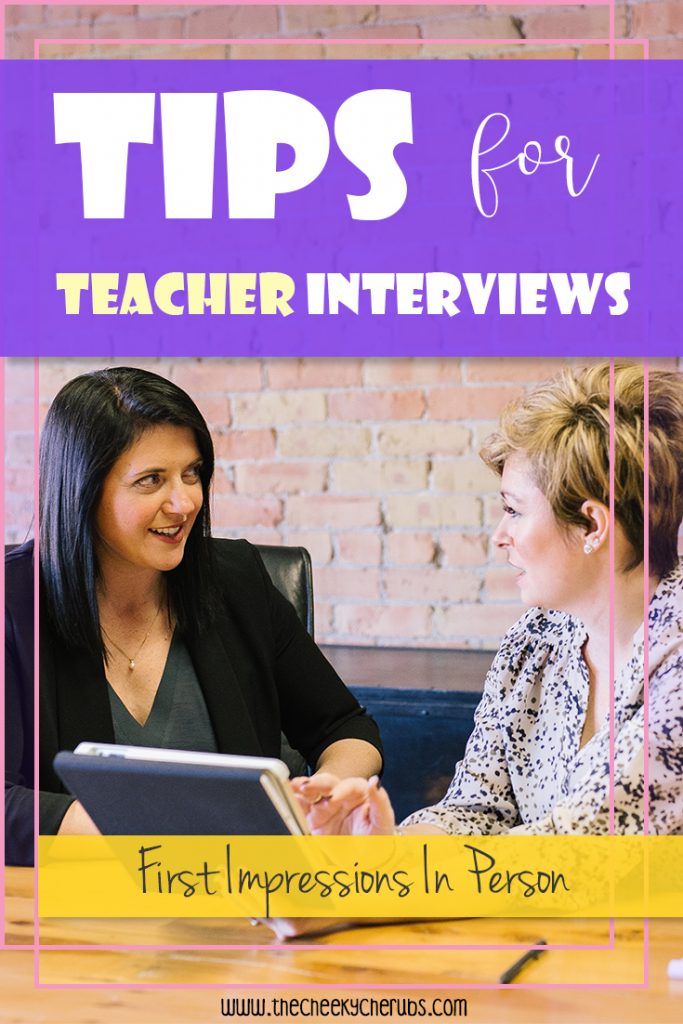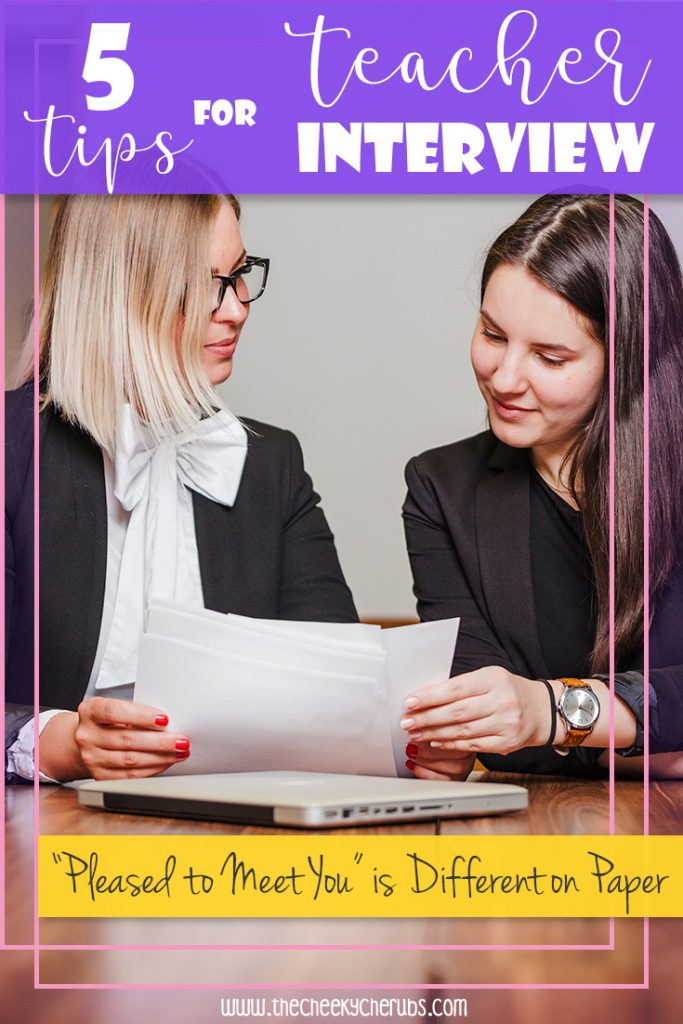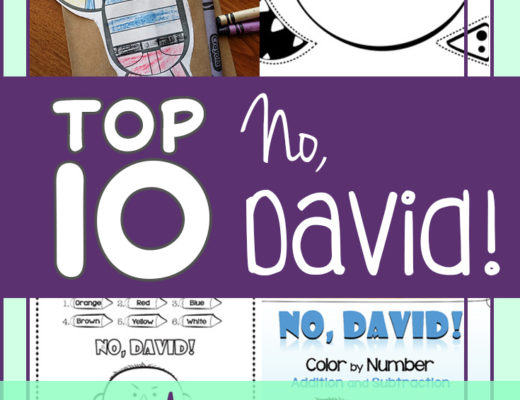Best Tips for a Teacher Interview
The field of education is a very crowded one depending on your preferences about where to teach and where you happen to live. Many say you need to be willing to relocate or work your way up as a tutor or substitute teacher first. All of those options and more are relatively true and manageable suggestions. Whether you are applying to a neighborhood public school close to home or any public or charter further out. Here are 5 tips to help you toward a successful interview process.

Tip #1: “Pleased to Meet You” is Different on Paper
When introducing ourselves in person, we have the benefit of smiling warmly at the person we are meeting and shaking their hand. However, our teacher resume doesn’t have a personality unless we infuse some into it when it is written. Make sure to use teacher resume template examples to structure the formatting in an eye-catching readable way, and to set the tone for a cheerful meeting even though you’re not physically there. Maintaining a tone of confidence about your work, and listing things you have accomplished, rather than things you were doing ten years ago will make the best impression on your resume. Teacher Resume Templates can help you make sure you include everything that should be presented, without getting to lengthy with the information– it is already next to impossible to keep it to the old “one page” rule!
Tip #2: First Impressions In Person
Once you do get a call for a scheduled interview, the best thing you can do is be thoughtful about your appearance and what you plan to take with you. Business casual attire, a tidy hairstyle, and a breath mint will do wonders to make the first impression in person. You teacher portfolio should also accompany you. It is often helpful when deciding how to present your teacher portfolio, for you to select some of the items from it to have printed out for each member of the interviewing team. That way, you can easily refer to your best work, and you don’t have to worry if technology will cooperate. People also like to be able to make notes while you’re talking, so this will keep your information and their notes about you all on one sheet. If you have created a digital teaching portfolio, make sure you have your personal hotspot on your phone set up with whatever device you plan to use to show the demonstration on, so there are no hiccups with wifi.
Tip #3: Digging Deeper into your Teacher Resume Talking Points
Before you arrive at your interview, you need to make sure that you familiarize yourself not only with the job description for which you’ve applied but also with how that description matches up with things on your teacher resume and things included in your teacher portfolio. Highlight those items for your reference just before you go in, and be prepared to talk about how you have filled needs like theirs in your other experience. Be prepared with examples of your professional struggles as well as your strengths, as interview teams tend to want to ask about problem-solving and personal growth you gained–you may highlight those things in your teacher portfolio in a special section. Be sure to have chosen ahead of time the things you plan to highlight, so you’re not using every slide or example you have and creating a longer meeting than necessary. Small meaningful impressions are the ones that last. Remember, these folks are probably in the middle of a long day full of interviews!
Tip #4: Several Questions to Ask the Interviewer(s)
Toward the end of your teacher interview, you’ll surely be presented with an opportunity to ask questions that you might have. Always ask a couple of questions. It shows that you are taking this meeting seriously and that you want to know about their learning community. Asking things such as, “What are you looking for in a team member for 3rd grade?” or, “How does your building-wide plan for discipline work?” will get them talking about their school. This allows you to chime back in making connections to things you’ve mentioned on your teacher resume or in your teaching portfolio. Be attentive to not only their questions to you, but to their answers to your questions also. This helps to build rapport at puts everyone more at ease.
Tip #5: Before You Go, and After You’re Gone: Making Impressions Last
At the end of the interview, make sure you thank them for their time and mention what a great team of people there seems to be working in the school already. Genuinely tell them you’re excited and ask when you can expect to hear about the next step. Leave the copies of your teacher resume and anything from your teacher portfolio presentation behind. Make sure you get a contact email address so that later that evening, you can send a thank you email with a link to your blog or online teacher portfolio. Keeping a line of communication open will allow you to follow up if you’re nervous about hearing something.
Good luck with your teacher interview process! Remember that the teaching profession is all about what is best for children and their families. It is a competitive field depending on what you’re applying for, and it could take time and lots of letdowns before you find a good fit. If these tips help you or you have anything to add, share this blog and write us a comment!




